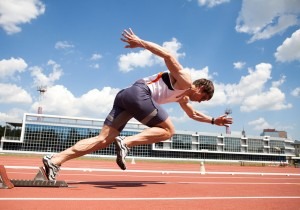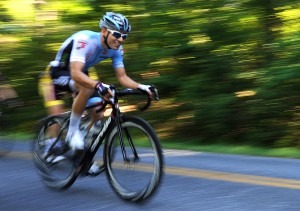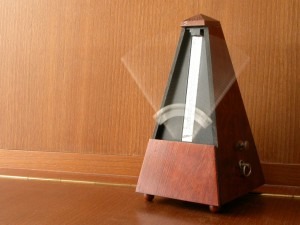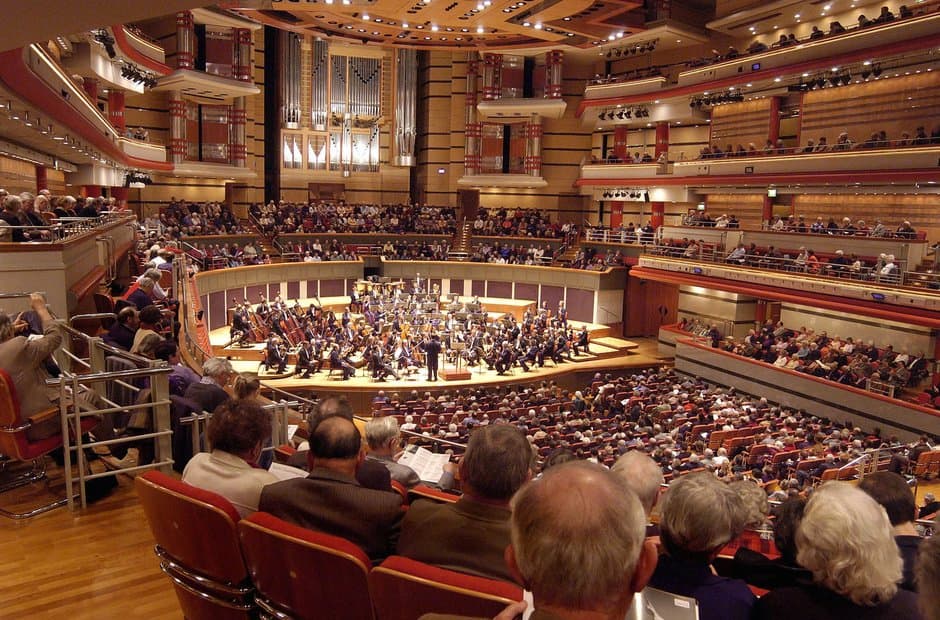
© amind4adventure.com
The musician’s life is akin to the sportsperson’s: the many hours of specialist training, the constant need to hone and improve one’s techniques and skill base, to keep fit and build stamina to cope with the Herculean learning and upkeep of all those notes, punishing concert schedules, traveling, and indeed the music itself which can present its own particular physical and mental challenges (for example, playing Rachmaninoff‘s Third Piano Concerto has been likened to shovelling around three tons of coal – and that does not include the mental and emotional exertion required to learn and perform this monumental work).
It can be a smothering profession, at whatever level one is engaged in it. One is not born with this extraordinary talent: just like the sportsperson’s, it must be developed and refined – and that takes hard graft and commitment. And then there is performing itself which requires special preparation, in particular learning how to deal with the rush of adrenaline which comes with the anxiety of performance.
Sports people experience this too: it is the adrenaline pumping through the body which, in addition to all the careful training and preparation, propels the sprinter down the track or the cyclist up that vertiginous mountain in the Tour de France. And it also drives that particular aspect of ego which makes sports people and musicians go out and perform (and sport can be seen as a performance – why else are we captivated by live TV broadcasts of rugby matches, skeleton bobsleigh, snowboarding, gymnastics, et al?).

© darkroom.baltimoresun.com
The pressure to perform and perform perfectly has caused many an athlete, and musician, to abandon the sport/profession and turn his or her attention to related aspects such as teaching and developing young talent. For in that moment when you are alone on the stage, you know that if you make a mistake there will be no-one there to help you. Learning how to deal with the anxiety and loneliness of performance and that special rush of adrenaline is a crucial aspect of being a performer, and an athlete, and many strategies for dealing with performance anxiety are drawn from sports psychology and NLP. Even the most junior students and performers need to understand why we feel nervous and to be given strategies to overcome anxiety and to learn how to work with adrenaline to enable one to respond to it positively and to lift one’s performance. And also to accept that mistakes are inevitable and normal, because we are all human. There are day-to-day aspects of the musician’s life which also chime with that of the athlete: just as one experiences an endorphin rush, the feeling of well-being and euphoria as the body is flooded with “happy hormones” during physical exercise, so musicians enjoy the same feelings through the physical activity of practising and engaging with the instrument. When this is combined with adrenaline in a performance situation, one can come off stage on an extreme “high” and it can take several hours to come down.

© Wikipedia
Musicians also need to understand how to listen to the body and manage injuries in the same way as sportspeople do. Injuries can be devastating if not managed correctly, leading to cancelled concerts (and therefore loss of income), and, in extreme cases, can bring careers to a premature end. Repetitive strain conditions such as tendonitis and tenosynovitis must be taken seriously, and affected fingers, hands, wrists, backs and other limbs rested and given time to recuperate. It is important to adopt the correct posture when playing (for the pianist, an adjustable piano stool is essential) and to take regular breaks. Many musicians whom I know actively engage in sports such as tennis, running, swimming, cycling and weight-training, and many of us use exercises drawn from yoga, Pilates, Alexander Technique and Feldenkrais to keep our bodies in good condition. Exercise and sport can also provide useful “down time” for the musician, allowing important time away from the instrument.
The image of the classical musician as an effete artiste locked in his or her ivory tower is no longer accurate. Instead imagine a focused athlete, honing body and mind.
For more of the best in classical music, sign up to our E-Newsletter





Excellent article! I am a working musician, as an educator and performer. This article gives awareness of the skill and challenges that musicians face to develop and excel in their craft.